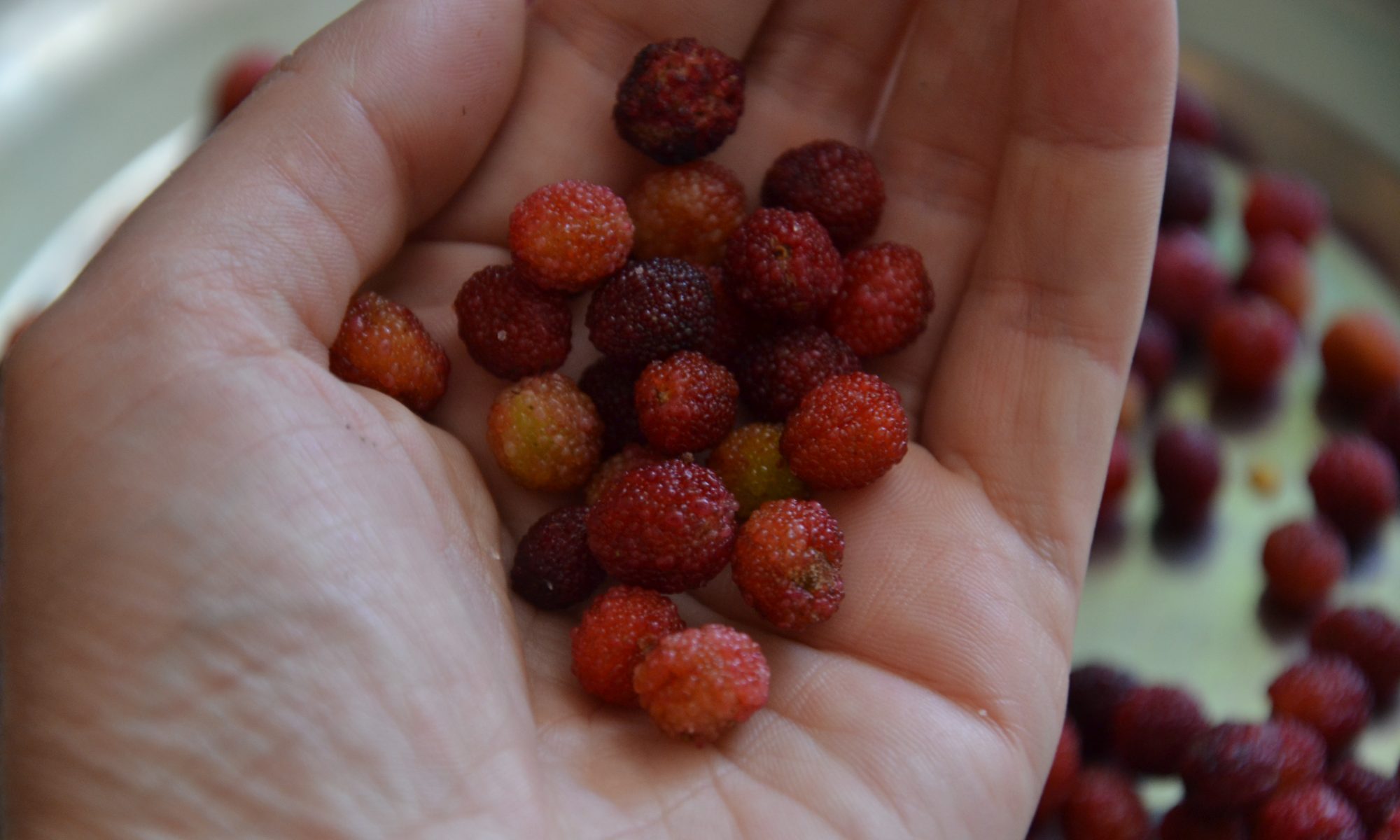The Conversation by Gene Lim, Brady Robards and Bronwyn Carlson
Dating and h k-up solution Grindr has established its intention to eliminate the „ethnicity filter“ from the popular app.
The function that is controversial paying users to filter out prospective partners according to ethnicity labels such as „Asian“, „Black“ and „Latino“. Long criticised as racist, the filter additionally assisted to create a culture where users had been emboldened to express their racism.
Sexual racism
Alongside other dating apps, Grindr has a reputation for intimate exclusion that is racism—the of lovers based on competition.
In 2017 Grindr tried to amend this perception aided by the „Kindr Grindr“ initiative. This move banned the utilization of exclusionary language such as „No Asians“ and „No Blacks“ in user bios, and attemptedto show users why these statements are harmful and unsatisfactory.
Nonetheless, the „ethnicity filter“ remained until the other day, when Grindr announced it might be removed as a show of support for the Black Lives Matter motion.
Grindr’s actions were catalysed by recent protests in america, but racism that is sexual additionally a serious issue in Australia.
„Not into Asians“

One of us (Gene Lim) is researching how sexual racism impacts gay and bisexual Asian males in Australia. Grindr was over and over singled out by research participants being a web site where they regularly experienced sexual racism—both in individual bios, and interactions with others.
„He says ’send me personally an image of your face.‘ I send him a picture of my face, and he says ‚oh you are an Indian. I’m sorry.‘ He then quickly blocked me personally.“
– James, 28, Indian
Apps like Grindr are also where many Asian men encounter that is first cases of discrimination.
„so profiles that are many ’not into Asians,‘ ’not into this [or that]‘ … I was just so overwhelmed as to why that has been. I became thin, young, cute, and I thought that might be enough …“
– Rob, 27, Cambodian
This sends a message that their skin colour makes them unlovable and unwanted—something that has a negative impact on self-image and self-worth for many people of colour. One participant summarised how he was suffering from these communications.
„I feel like the bad fresh fruit that nobody wants.“
– Ted, 32, Vietnamese
The mental impact of these experiences adds up with techniques why these men carry using them outside of sex and dating. Even while some Asian men withdraw from the community that is gay avoid sexual racism, the impacts of those experiences endure.
„It scars you in ways in[situations] beyond the Gay community … it affects your entire life. it impacts you“
– Wayne, 25, Malaysian
These exclusionary methods are particularly jarring in LGBTQ communities which often style themselves as „found families“. Still, the experiences above express only 1 dimension of just how intimate racism affects the life of color.
Indistinguishable from general racism
One of us (Bronwyn Carlson) has studied racism that is sexual by native Australians on apps including Tinder and Grindr. She discovered that for a lot of Indigenous users the vitriol frequently only comes once they disclose their Indigenous heritage, as the l k of them just isn’t always a basis that is initial exclusion.
An discussion might progress with chatting, flirting, and often an intention to „h k up“, but as s n as an user that is indigenous their ethnicity the abuse flows. For native individuals, „sexual racism“ is normally indistinguishable from general racism.
The danger of these experiences always lurks within the background for Indigenous people navigating media that are social dating apps. They expose a deep-seated hatred of aboriginal people that has little related to physical faculties, and even more regarding racist ideologies.
For gay native men, the potential for love, intimacy and pleasure on Grindr is definitely counterbalanced up against the prospective violence of racism.
Putting anti-racism front side and centre
Those who use dating apps develop unique ways of managing danger and security, but platforms should also have responsibility of care to users. Digital areas and apps like Grindr are essential internet sites of connection, community, and friendship for LGBTIQ+ people, but they are additionally networks for bigotry and hatred.
Eliminating the ethnicity filter on Grindr isn’t bullet that is silver will end racism regarding the app—here in Australia or anywhere else. It’s a symbolic move, however a step up the direction that is right.
Eliminating this function signals to users that filtering partners according to ethnicity isn’t „simply a preference“, however a kind of marginalisation and exclusion. As research has shown, sexual racism is obviously connected to more general racist attitudes and thinking.
Though Grindr’s action is belated and tokenistic, it is still a move that is g d. But if Grindr and other online dating sites platforms desire to become areas where individuals of colour can express themselves and search for closeness and companionship, they must place anti-racism during the core of the policies and content moderation techniques.
This article is republished from The Conversation under a creative commons license. Browse the original article.
